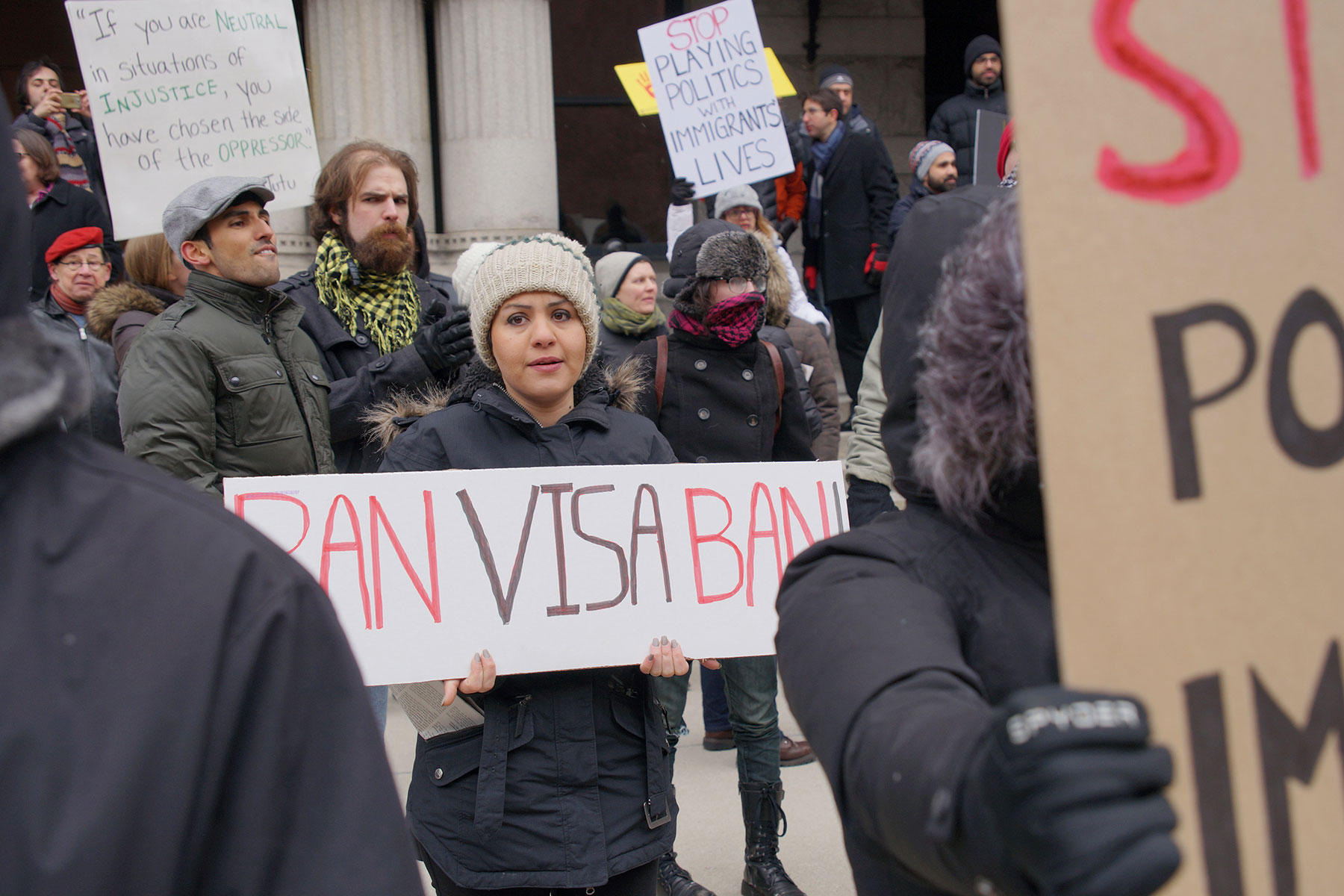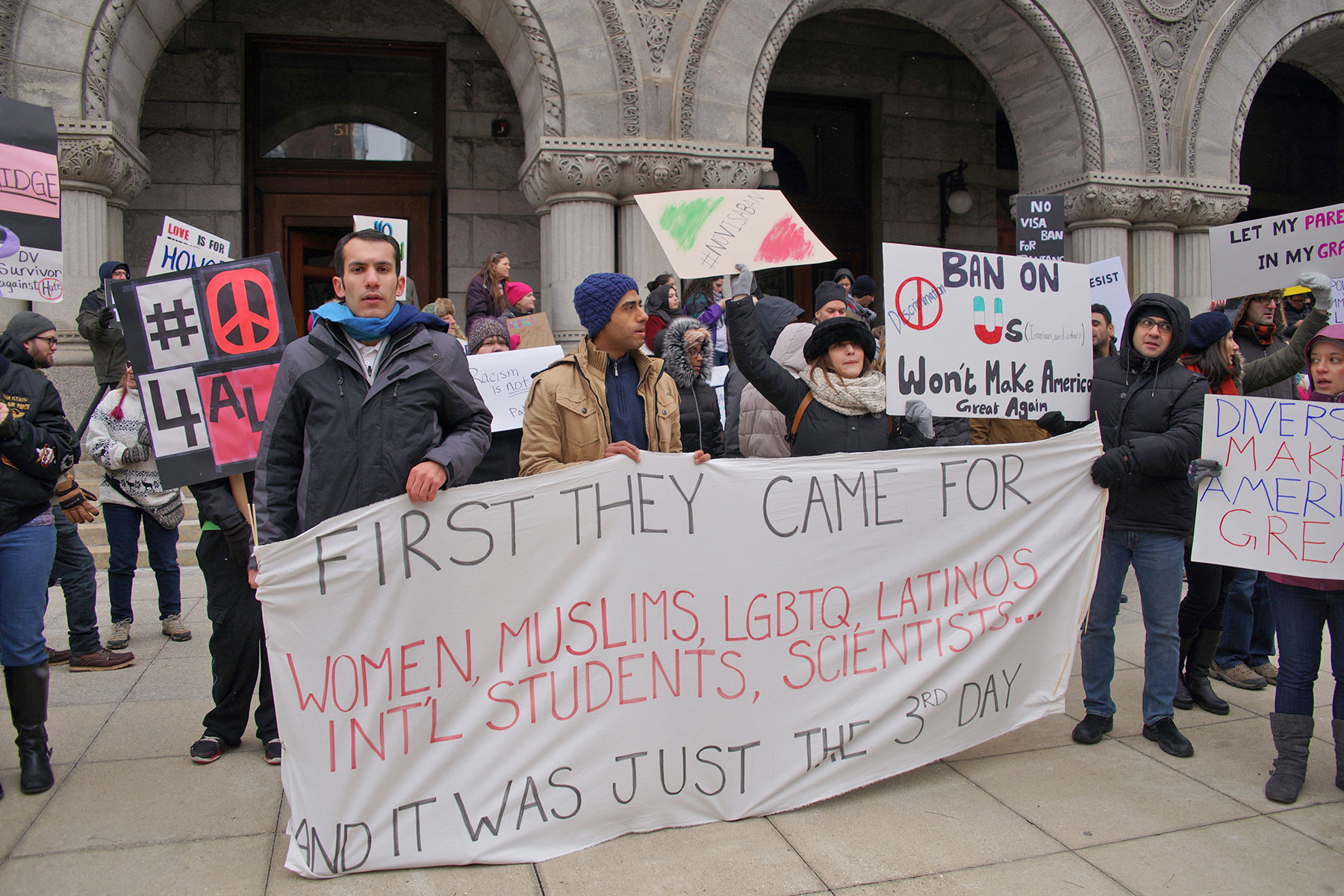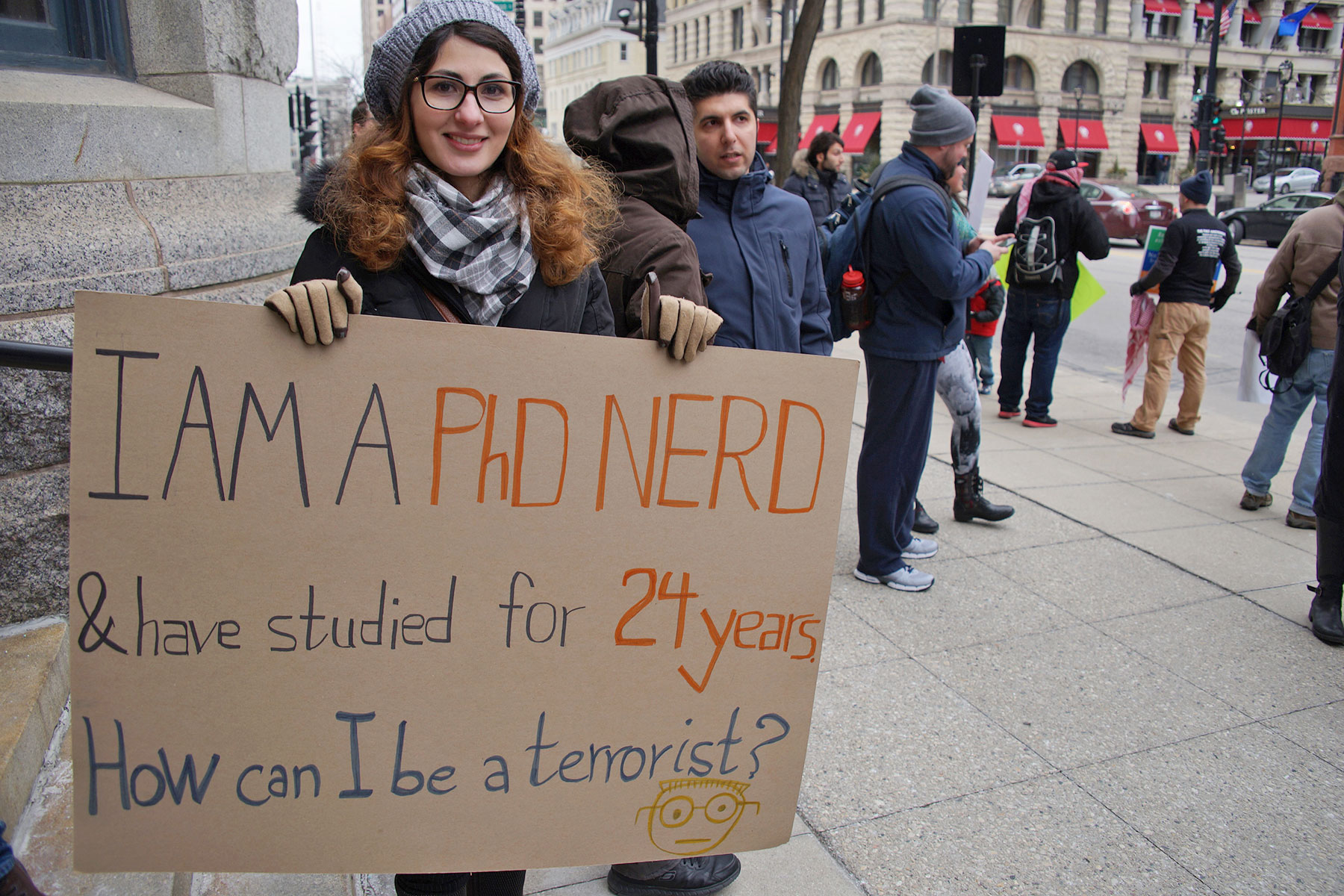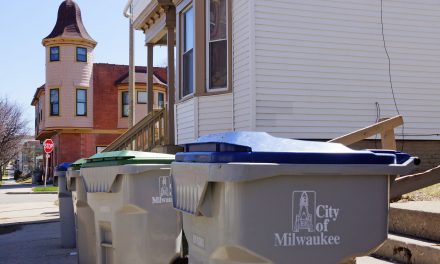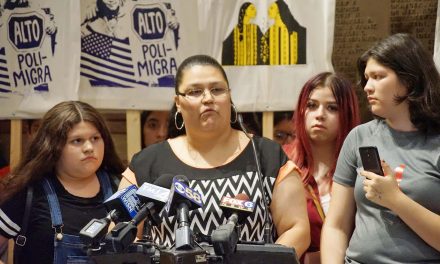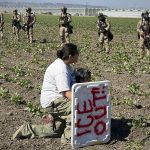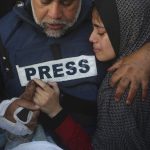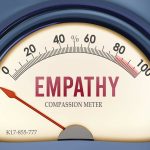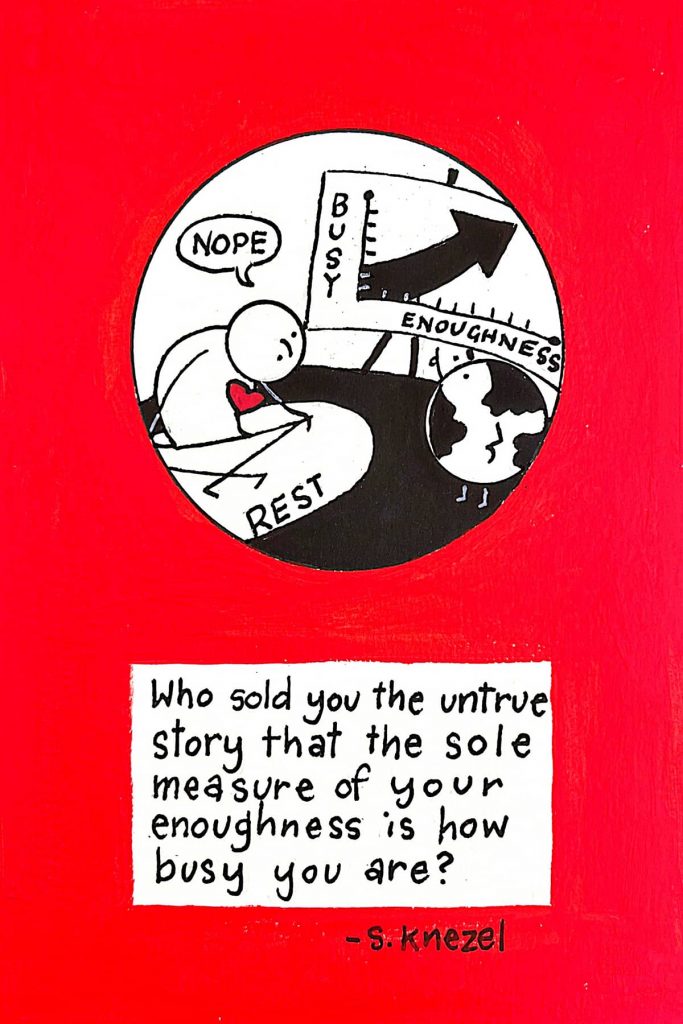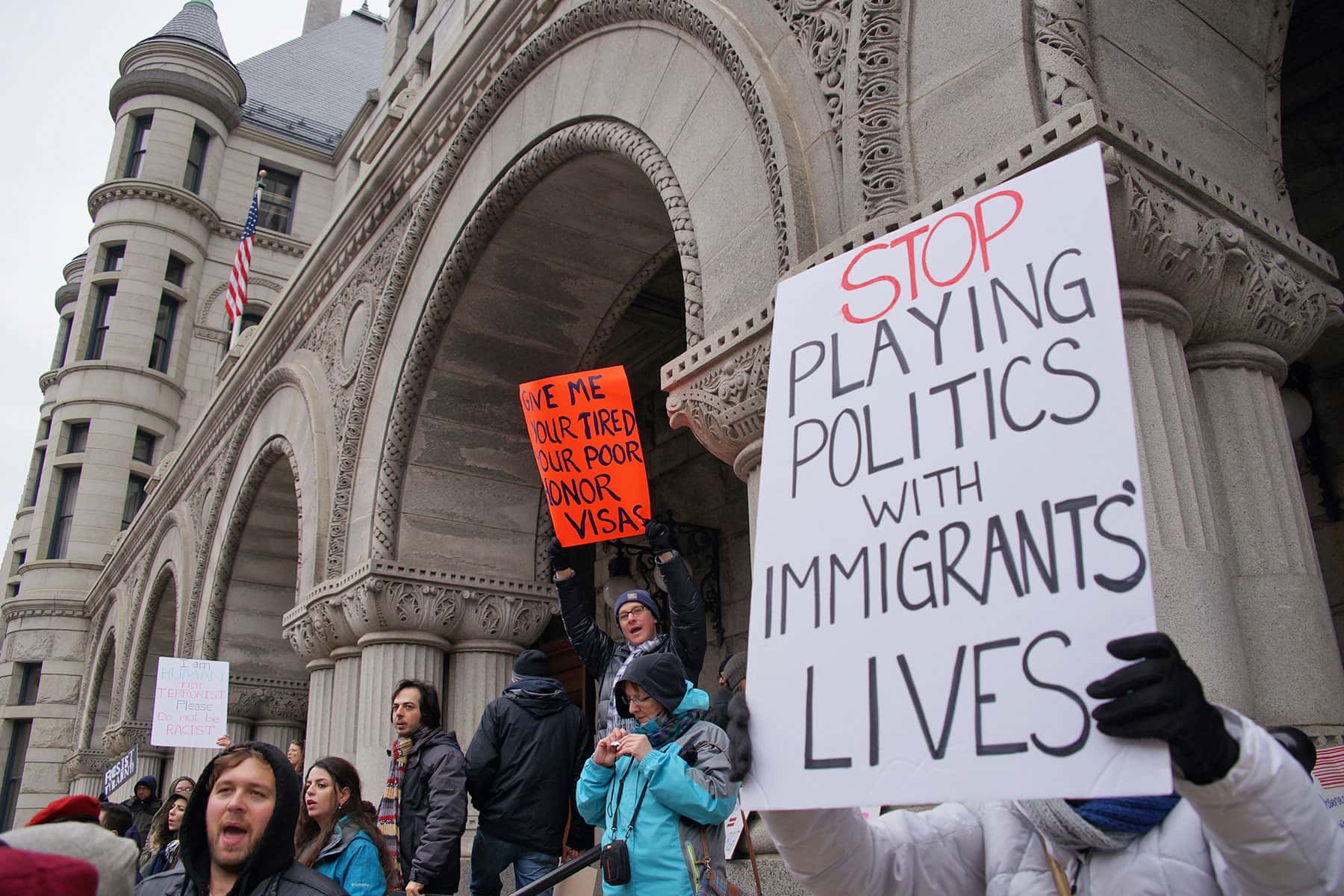
In opposition to the Executive Order signed by President Trump a day before, more than two hundred Milwaukee residents from Middle Eastern countries held a vigil outside the Federal Courthouse along Wisconsin Avenue on January 28.
The bans affect travelers with passports from Іran, Iraq, Libya, Somalia, Sudan, Syria, and Yemen, and extended to green card holders who were legally granted permission to live and work in the United States.
“I had a Canada trip coming up in two weeks, because my mom is there. She is not feeling well and needs help due to her health,” said Soroush Aslani. “Now I have to cancel it, with no idea of knowing when we can meet again.”
An assistant professor at UW-Whitewater and Іranian native, Aslani was one of the organizers of the Rally Against Racism and Hate. He has lived in the United States for almost nine years, and wanted to call attention to the plight of refugees and those from immigrant communities as a result of the harmful Trump policy.
“I was a graduate student at Northwestern University under the F-1 visa for more than 5 years. My visa was a single entry, which meant I had to go through the visa process from the beginning every time I left the United States. This is why I visited home only twice during my time at graduate school,” said Aslani. “I waited another 18 months to get my green card. It was my hope now that I could finally travel without worry. But as a result of this Executive Order, my green card became worthless overnight. If I travel outside of the U.S. I won’t be let back in.”
Trump’s sweeping ban on people seeking refuge in the United States, and visitors from seven Muslim-majority countries, was immediately enforced. The order will last at least three months, and the affect has already caused chaos, panic, anger, and a flood of lawsuits.
“Students and researchers who are citizens of the banned countries are not able to go back home to visit their families. And parents cannot come here to attend their graduation ceremonies and share in the happiness,” said Azadeh Bashiri a PhD candidate at UW-Milwaukee and also an Іranian citizen. “The new Executive Order affects lives of every single person from these countries, regardless of what they are trying to do and achieve. It has brought us great sadness, grief, and anxiety.”
Visitors barred, travelers returned.
The disruption was not only among travelers, with some denied entry to the United States or turned back, but also among American allies such as France, Germany, and those who feared being stranded outside the country. Many individuals with proper visas to enter the United States have been detained for hours, or not allowed on planes bound for America.
Refugees traveling into the U.S. have already being held at airports following the implementation of the Executive Order, which immediately closed U.S. borders to refugees. Lawyers for two Іrаqі refugees detained at Kennedy Airport in New York filed a Writ of Habeas Corpus seeking the release of their clients. They also filed a motion for class certification, to represent all refugees and immigrants being detained at ports of entry.
Further complaints have been filed by the American Civil Liberties Union, the International Refugee Assistance Project at the Urban Justice Center, the National Immigration Law Center, Yale Law School’s Jerome N. Frank Legal Services Organization, and the firm Kilpatrick Townsend & Stockton, all are challenging the legality of Trump’s order.
“The Executive Order also limits collaborations between U.S. universities and researchers from these nations, by restricting entry of these researchers to the U.S., and can potentially lead to the departure of many talented individuals who are current and future researchers and entrepreneurs in America,” said Aslani. “More than 3,500 prominent university professors in American universities, including 11 Nobel Prize winners, issued a letter on January 27 and condemned this new Executive Order.”
The federal court for the Eastern District of New York issued an emergency stay halting President Trump’s Executive Order banning immigrants from seven Muslim-majority countries from entering the United States. On the evening of January 28, the court ruled on a Habeas Corpus petition filed by the ACLU on behalf of two Iraqi men who were detained at John F. Kennedy International Airport on Friday after Trump’s ban. Since then, both men have reportedly been granted entry to America.
Read the article and view the photo essay that were produced as companion features for this news report.

